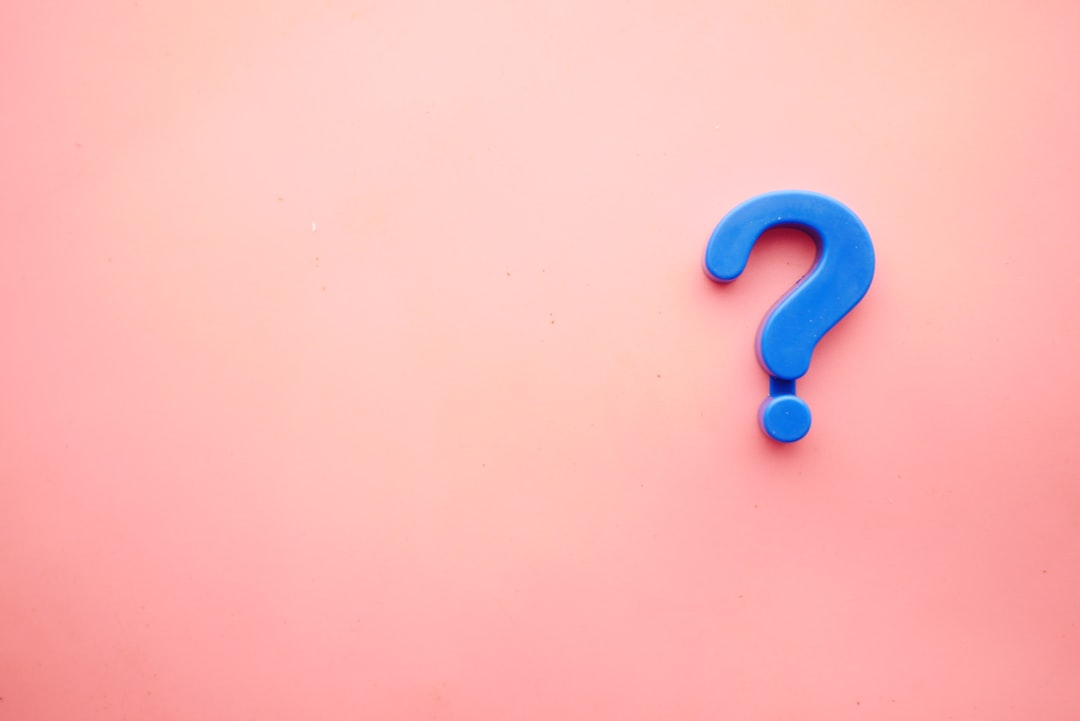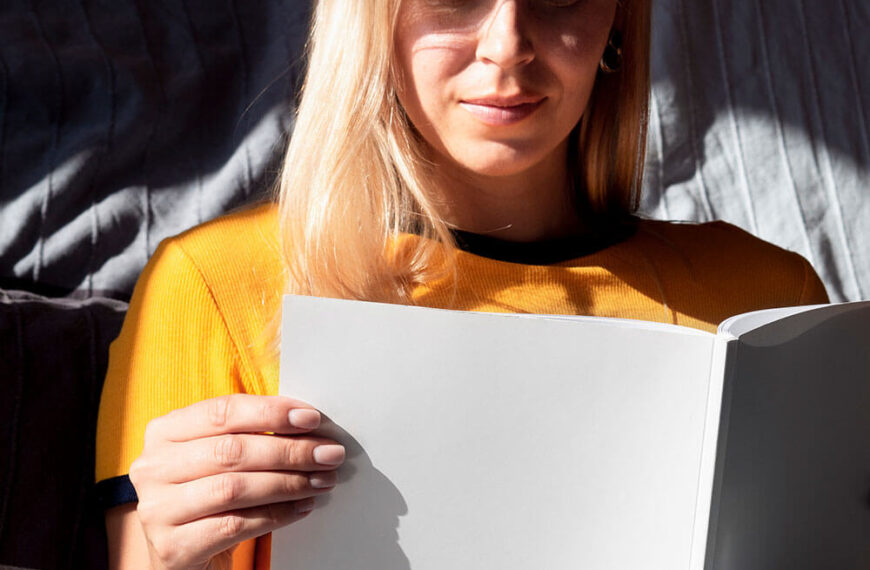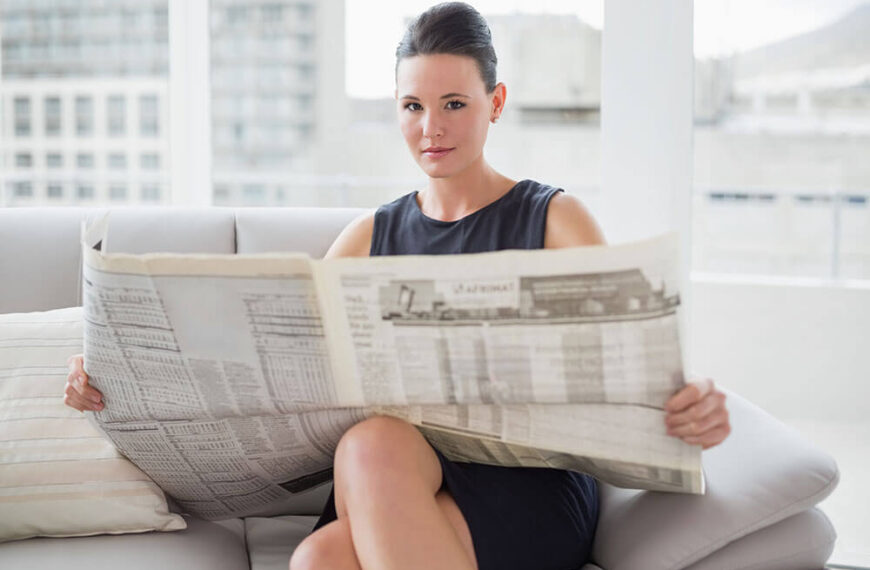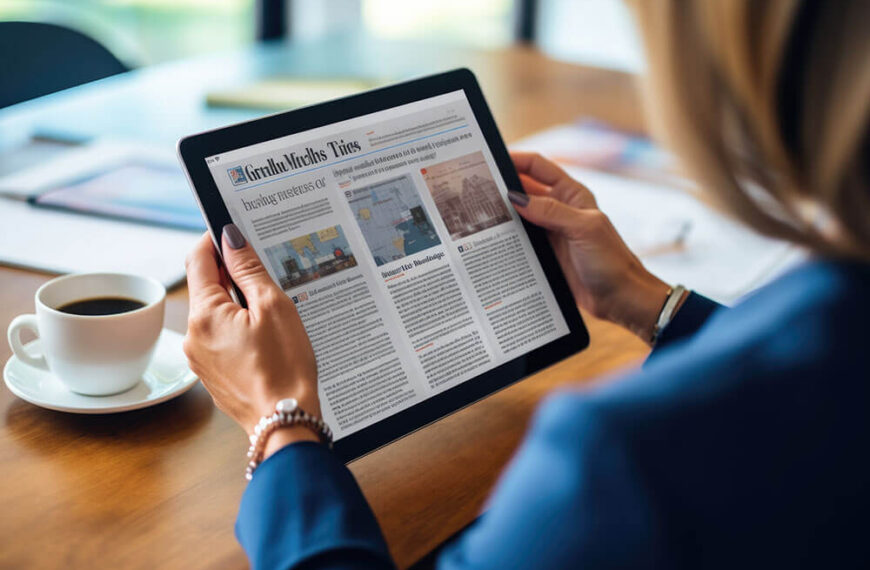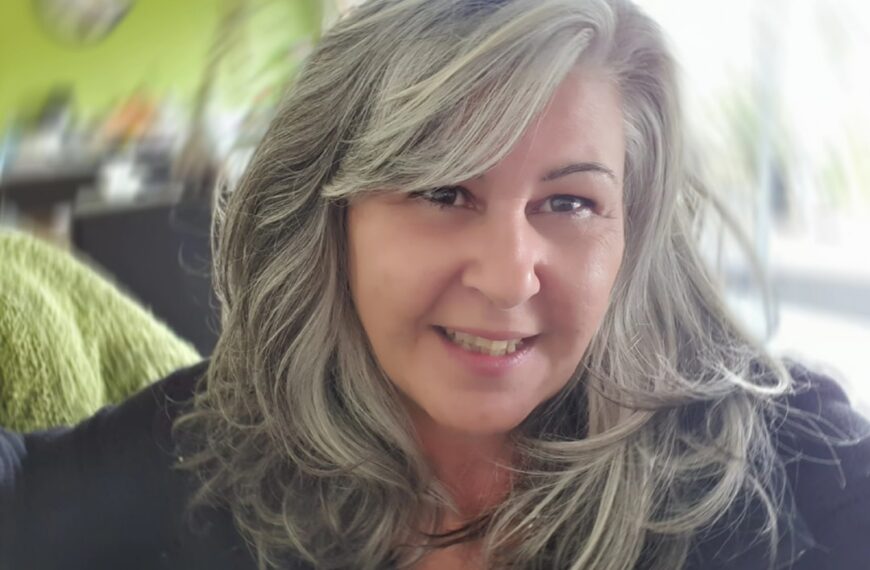We live in a world saturated with information. Newsfeeds scroll endlessly, notifications ping incessantly, and opinions clash relentlessly. It’s easy to feel overwhelmed, lost in a sea of data without a clear path forward. But amidst the noise, there’s a powerful tool often overlooked: the art of the question. Asking the right questions isn’t just about gathering facts; it’s about unlocking clarity, generating insight, and ultimately, making better decisions.
This isn’t about interrogating others; it’s about a deeper, more introspective process. It’s about cultivating a questioning mind, a mindset that constantly seeks deeper understanding and challenges assumptions. The power lies in the ability to formulate questions that cut through the noise and reveal the core issues.
Consider the difference between a statement and a question. “This project is failing” is a declaration, potentially leading to frustration and blame. However, “What are the root causes of the project’s delays?” opens the door to investigation, collaboration, and potential solutions. This shift in perspective, from assertion to inquiry, is transformative.
Mastering the art of the question requires practice. Start by identifying the type of questions you’re asking. Are they closed-ended (yes/no answers), or open-ended (allowing for deeper exploration)? Open-ended questions, such as “What are your thoughts on…?”, “How can we improve…?”, and “What are the potential consequences of…?”, are crucial for unlocking genuine insight.
Beyond the type of question, consider its framing. A poorly framed question can lead to inaccurate or incomplete answers. Avoid leading questions that suggest a desired response. Instead, aim for neutrality and objectivity. Furthermore, consider the context. The same question posed in different settings or to different audiences will likely yield different responses.
Practice active listening after posing your question. Pay attention not just to the words spoken, but also to the speaker’s tone, body language, and unspoken nuances. This attentive listening will often reveal insights beyond the explicit answer.
The benefits of mastering the art of the question extend far beyond the professional realm. It enhances personal relationships by fostering deeper understanding and empathy. It promotes self-reflection by challenging our own beliefs and biases. It fuels creativity by opening up new perspectives and possibilities.
In a world brimming with information, the ability to ask the right questions is a rare and valuable skill. It’s a skill that can be cultivated, honed, and ultimately used to navigate complexity, achieve clarity, and unlock the insights that shape a more fulfilling and meaningful life. So, start questioning. Start exploring. Start unlocking.
